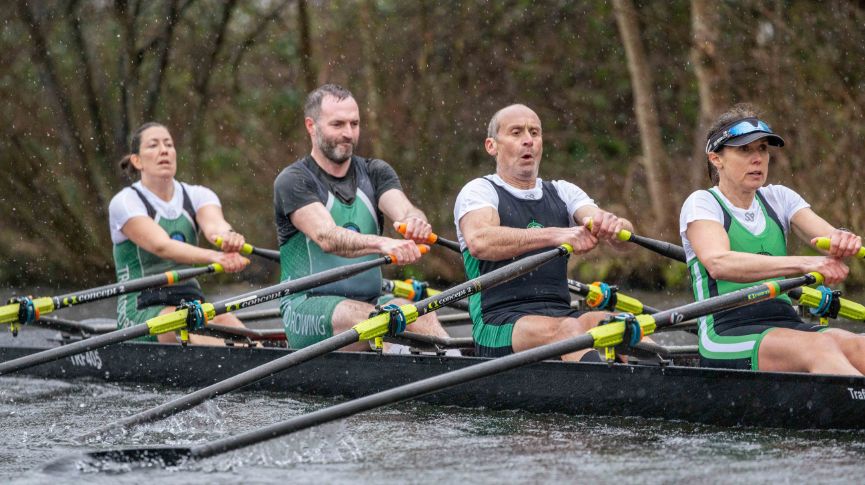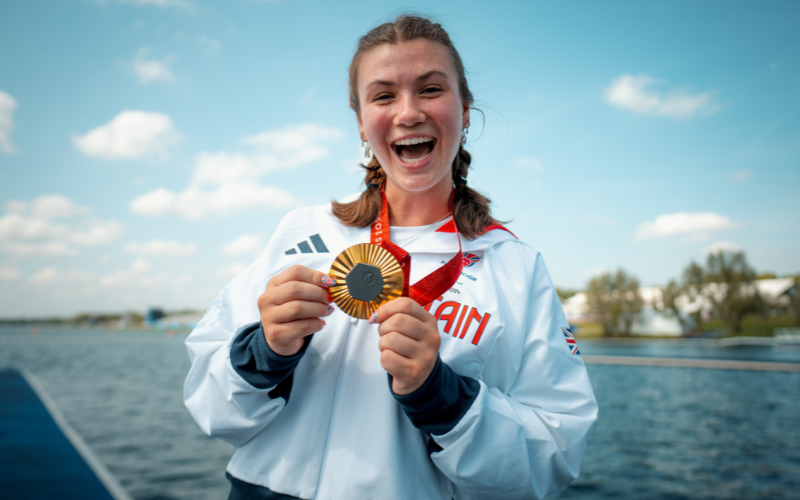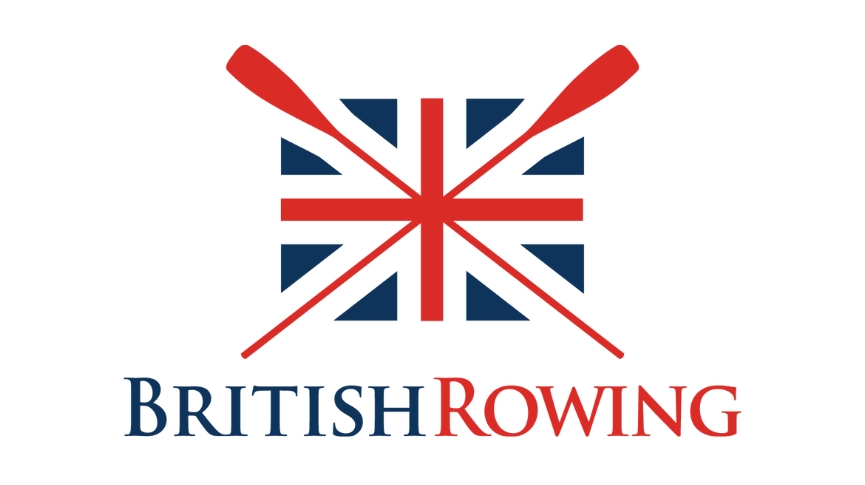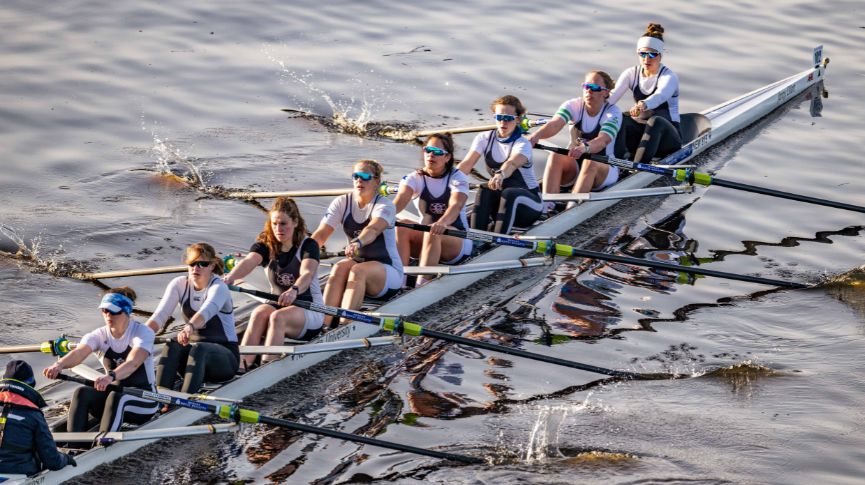“It was the springboard to get me back into life”: Tom Aggar’s epic ride for Back Up
The Paralympic Champion is set to ride from London to Paris, raising money for the charity that offered so much support for him

Two decades ago, Tom Aggar’s life changed instantly following a fall that left him paralysed from the waist down with a T12 complete spinal cord injury.
Aggar was a proud member of the University of Warwick’s 1st XV (Rugby Team) and was also part of the development squad at Saracens. Following his spinal cord injury, Aggar was introduced to indoor rowing before entering the British Indoor Rowing Championships. It was at this point that Aggar met members of the British Rowing Team, who introduced him to fixed-seat rowing. The rest is history, as he went on to win gold and bronze at the Paralympics as well as four World Championship titles.
The key part that’s missing from this whistlestop tale is the involvement and support from Back Up, the charity that transforms lives after spinal cord injuries.
“It was the springboard to get me back into life”
“It was the springboard to get me back into life. People lean on Back Up for lots of different things, such as mentoring, emotional support for families, the list goes on and on,” explained Aggar, who won gold at the Beijing Paralympics.
“I knew about Back Up from 20 years ago when I had my spinal injury. Back Up is incredible; they do a whole host of things. They help support people to get proper medical support when people are in the wrong hospital, and they can’t offer specialist support. They also assist with various services, including physiotherapy and support for medical, legal, and social care needs, as well as any measures that can help people return to work after a setback, such as a spinal cord injury.
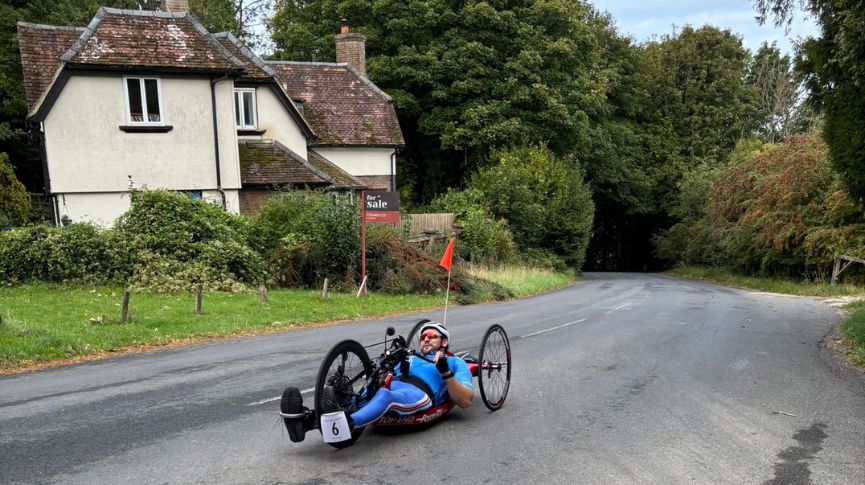
“I bounced back fairly quickly, but I went on at least three or four Back Up activities where they teach you things like wheelchair skills and life skills to be independent, or can help you become more independent. I went water skiing with Back Up; I went abroad to Colorado and went snow skiing. Without Back Up, I would never have been able to do those things. I got to experience all these different things really quickly after my accident, within the first year or so, and it basically built up my confidence from someone who was in a hospital and almost afraid to leave in case something went wrong in those early days. They supported me that way, and then I went on to get back into rowing, and that became my life for 10 years.”
This weekend, alongside 60 other riders, Aggar will ride around 100 miles a day as he sets off from London on the road to Paris. The three-day fundraising extravaganza will see him cycle alongside a handful of other hand cyclists as they push the limits and test their endurance levels like never before.
For Aggar and the rest of his Paralympic teammates, hand cycling played a role in their training and preparation as a form of cross-training, but they never dealt with this sort of mileage.
“We did do hand cycling as cross training, but only at certain points in the year; it wasn’t a massive part of the training,” explained Aggar, who won his first world title in 2007.
“I remember some weeks I was hand cycling 20 miles a week as part of the rowing training. There was a spell of about three years during which we went to Mallorca for a hand cycling training camp. The first year we did it, we went out at the same time as British Cycling to learn the ropes and figure out routes and things like that.
“I’ve done a couple of cycling camps, but it would be five days or however long and then back to Caversham and get back on with the rowing, so not a lot really. I haven’t done any hand cycling for nearly a decade, apart from one ride a year that my arm was twisted for.
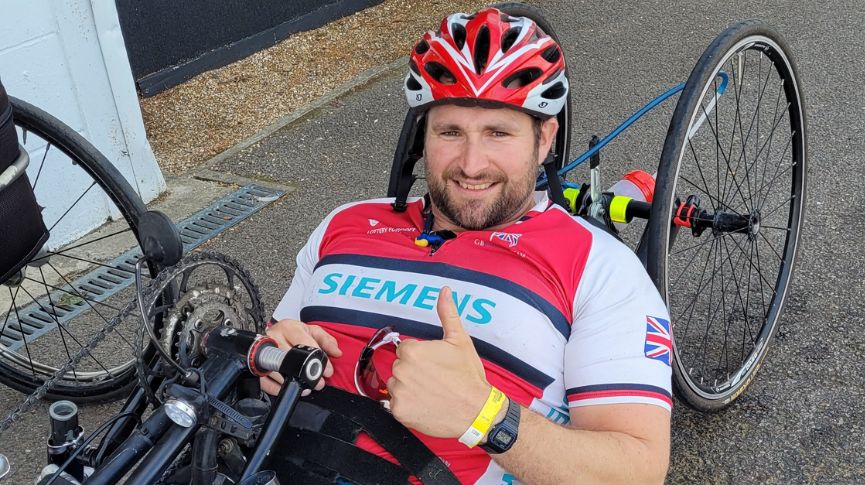
“There aren’t many ways that someone can survive 100 miles on a hand bike, let alone three days in a row, so I’ve had to get back into training. I used the Concept2 SkiErg to get my fitness back up from about February, then I started to get out on the roads about May time, and then built the distance up from there. I did an event in Essex, a 60/70-mile ride, before doing London to Brighton very recently. I’ve just been going out to clock up some more miles to be in a reasonable shape to do it in good form.”
Despite it being nine years since Aggar won his bronze medal under the watchful gaze of Christ the Redeemer, he still feels the need to go out and test what his limits are.
“I’ve not really been able to shake that fire inside of trying to test myself. I’ve always kept going to the gym and kept pushing myself with weights. It’s strange, there have been periods where I’ve not done anything and dropped off, but I’m much happier when I am doing something.
“It’s having that daring feeling to see where the limit is and see what’s possible, and this time it’s nice because there’s all the support, the charity, and the event that has allowed it all to be possible. You’re constantly searching for that unknown in rowing, that split or that extra bit that you are digging deep for in a race, that extra something you didn’t know you had. You surprise yourself because there is something there quite often. You’re capable of a lot more than you realise.”
Aggar will depart London tomorrow (26 September) for three days of hand cycling to raise funds for Back Up, the charity that provides life-changing support to people affected by spinal cord injuries. What makes them truly special is that their services are designed and delivered by people who have been there and who understand the challenges because they’ve lived them.



